Polycarbonate roofing sheets – the perfect combination of roofing coverings and natural light

There are many advantages to using polycarbonate sheets for a wide range of roofing solutions. Due to its unique inherent properties, this material is now being used all over the world. From China to the United States, through Australia and Brazil, designers of projects large and small are using polycarbonate sheets as an excellent alternative to glass and fiberglass.
The main advantages of polycarbonate roofing sheets:
- • Weight - polycarbonate is a much lighter material than glass.
- • Versatility - polycarbonate is a thermoplastic, which means it is incredibly flexible and versatile.
- • Durability - polycarbonate is extremely strong and durable, and has high impact resistance.
- • Consistency - Polycarbonate maintains its color, transparency, and shape for years.
- • Light transmission - Polycarbonate can transmit much more light in comparison to fiberglass. It also offers the ability to play with its shape, colors, and light transmission percentage.
The best of both worlds
In this post, we are going to shed light (pun intended) on how polycarbonate is the perfect solution for letting natural light into a structure.

When it comes to natural light, Polycarbonate sheets stand out as an ideal roofing solution as they offer the best of both worlds. They come in transparent, semi-transparent and opaque in a range of colors and tints; and allow almost exactly the same amount of natural light into a structure as glass and considerably more than fiberglass. Polycarbonate is also more durable than glass and fiberglass.
More and more people are beginning to understand that there is no need to compromise on natural light in favor of durability and safety. With polycarbonate roofing sheets, you can now sit under a pergola, gazebo, in a school, shopping center or any other building and enjoy all the natural light while still being protected from the elements and benefiting from minimum maintenance in the long-term.
The positive effects of natural light
Most people take natural light for granted, when in fact, natural light is an incredibly valuable resource (and it's free!). According to a study conducted in 2014 by Northwestern Medicine and the University of Illinois, office workers with more natural light exposure enjoyed longer sleep duration, better sleep quality, more physical activity and better quality of life as compared to office workers with less natural light in the workplace.

“There is increasing evidence that exposure to light, during the day, particularly in the morning, is beneficial to your health via its effects on mood, alertness and metabolism,” says Phyllis Zee, M.D. a Northwestern Medicine Neurologist and Sleep Specialist. Sunlight causes our brains to create serotonin and provides us with essential Vitamin D.
For these reasons and to help them blend in with their environment, this new method of architecture incorporates natural light into structures. In addition, by incorporating natural light into structures and buildings (and still maintaining insulation where required), architects and contractors can also contribute to sustainability and meet energy saving requirements.
Controlling heat and light transmission
When incorporating natural light into your structure it is important to consider heat and light transmission. Naturally, when more light is transmitted through a fully transparent roof, it will be hotter under that roof. Scientifically speaking, this heat is created by infrared radiation from the sun which builds up under the roof.

Not all daylight affects us in the same way. The Solar Spectrum helps us differentiate between three different types of radiation:
- Ultra-Violet – harmful and may cause skin cancer (all Palram polycarbonate products block 99.9% of UV radiation)
- Visible Light – enables eyesight and promotes well being
- Near-Infrared – converts to heat when absorbed by objects, resulting in heat buildup
There is, however, a relatively simple solution for this. Special colors with heat-blocking additives can be added to the polycarbonate material to adjust the light and heat transmission percentages based on specific requirements.
 Unlike regular tints, SolarSmart sheets admit more natural daylight while reflecting outwards infrared radiation that creates heat. This characteristic helps break the traditional link between shading coefficient and light transmission to allow a different perspective on the specification of natural light in architectural design and interiors.
Unlike regular tints, SolarSmart sheets admit more natural daylight while reflecting outwards infrared radiation that creates heat. This characteristic helps break the traditional link between shading coefficient and light transmission to allow a different perspective on the specification of natural light in architectural design and interiors.
The efficiency of SolarSmart products is measured by their ability to better differentiate between visible light and near-infrared radiation. In comparison to standard clear and colored sheets, SolarSmart tints enable higher light transmission in while maintaining or decreasing heat.
|

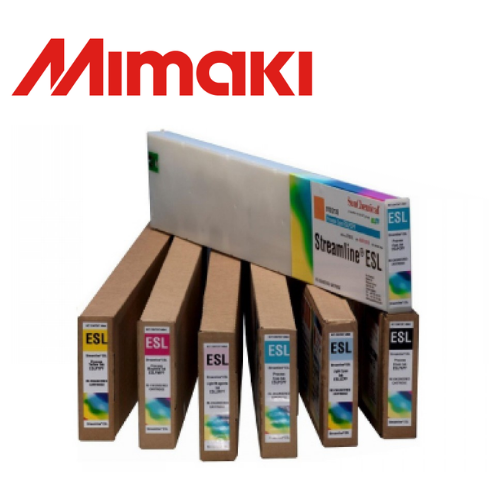
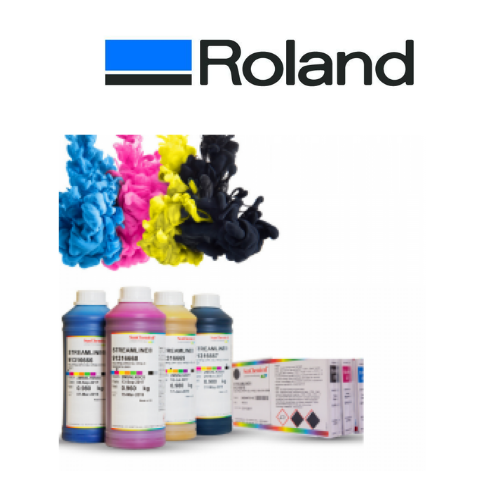
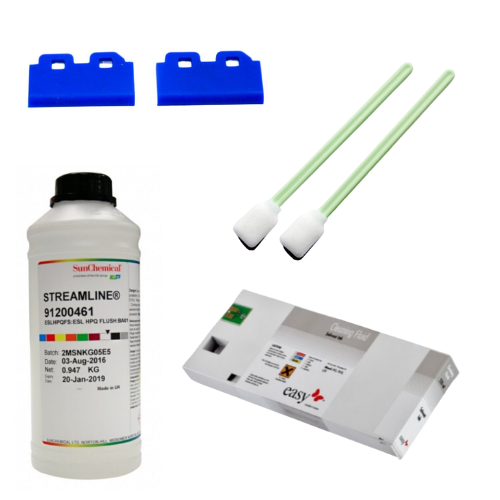
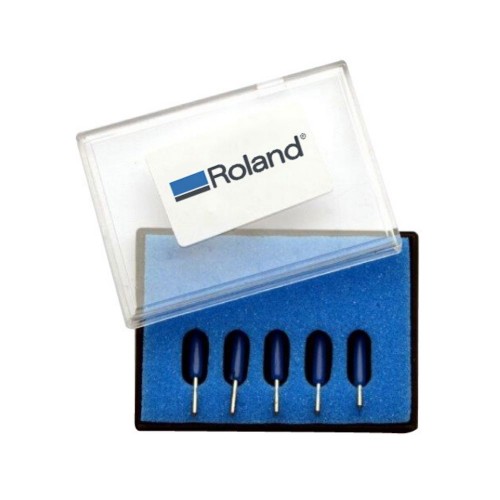
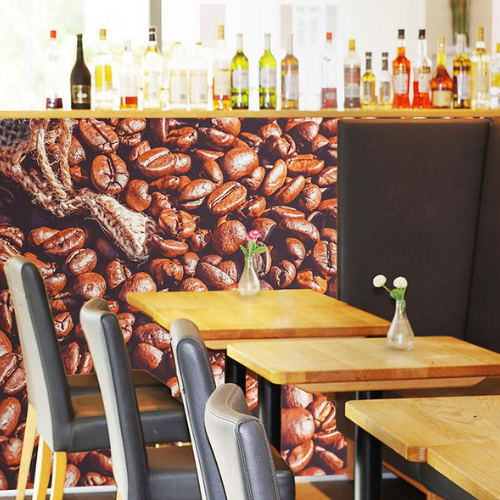

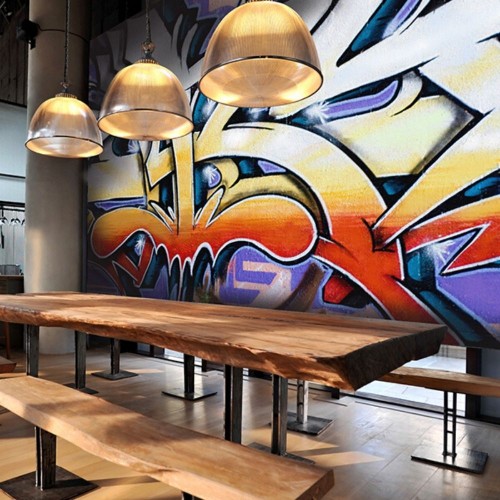

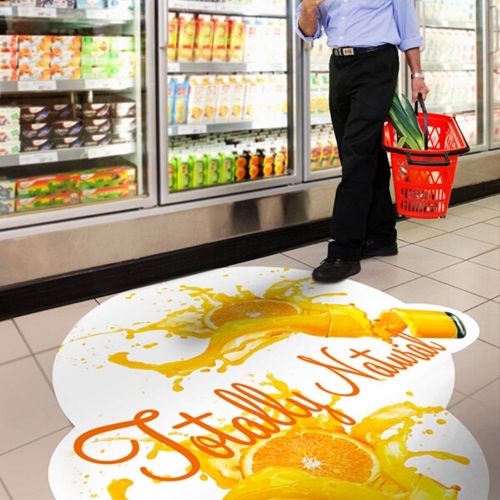


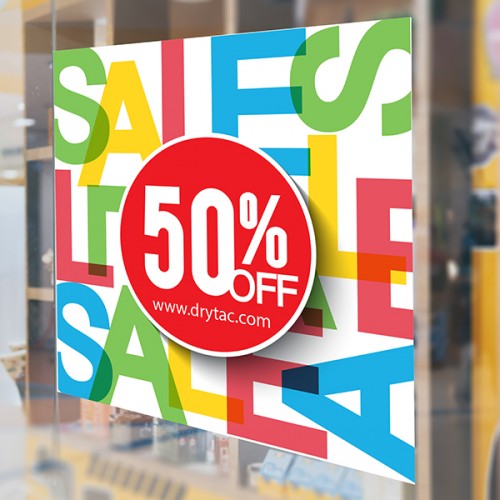
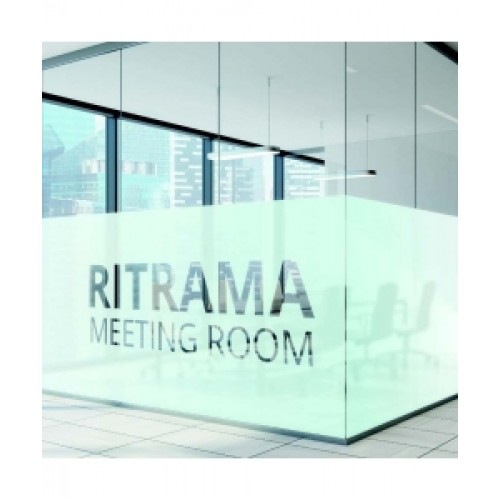

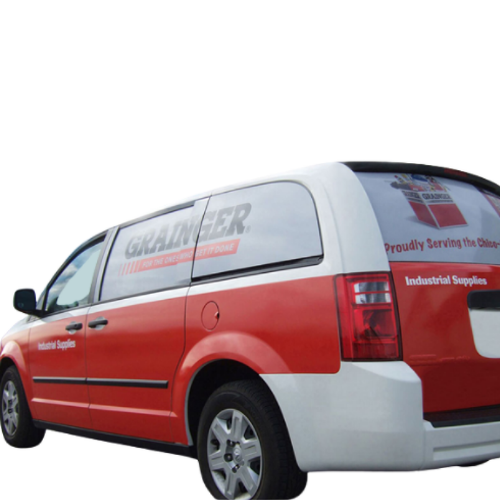
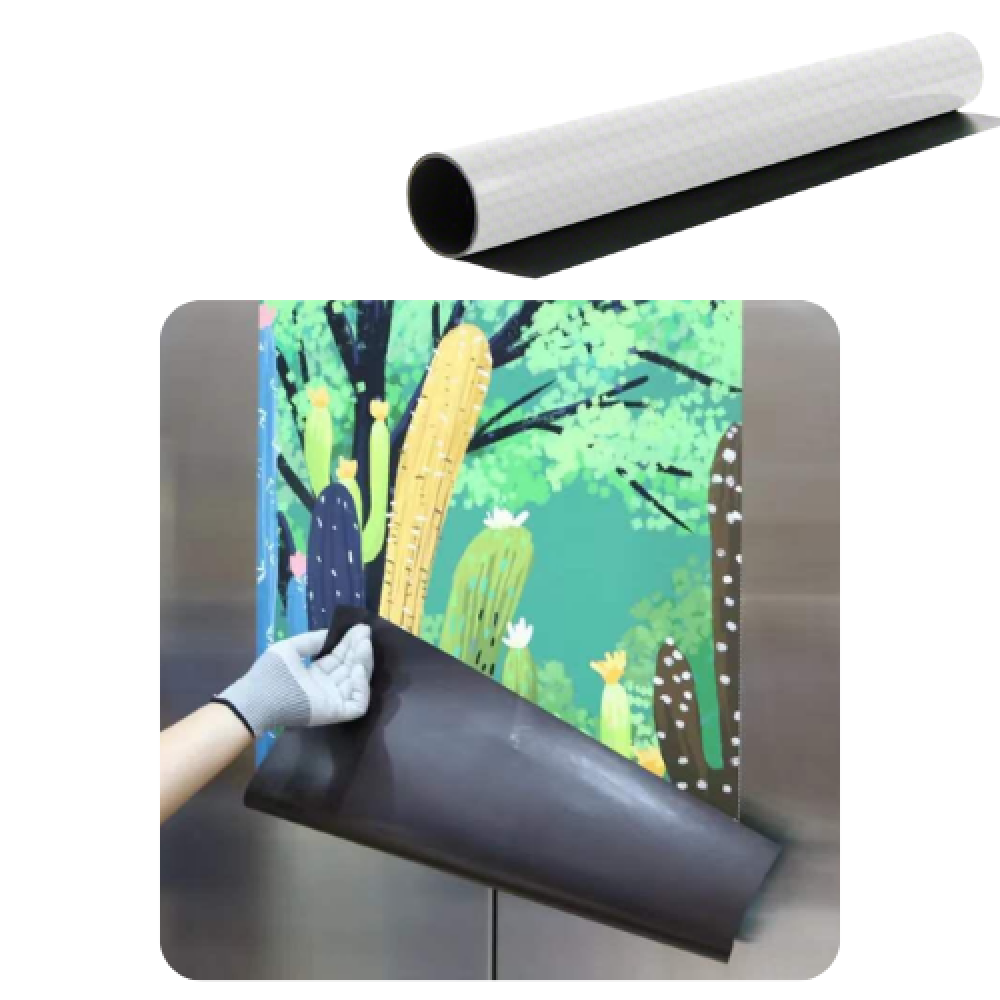
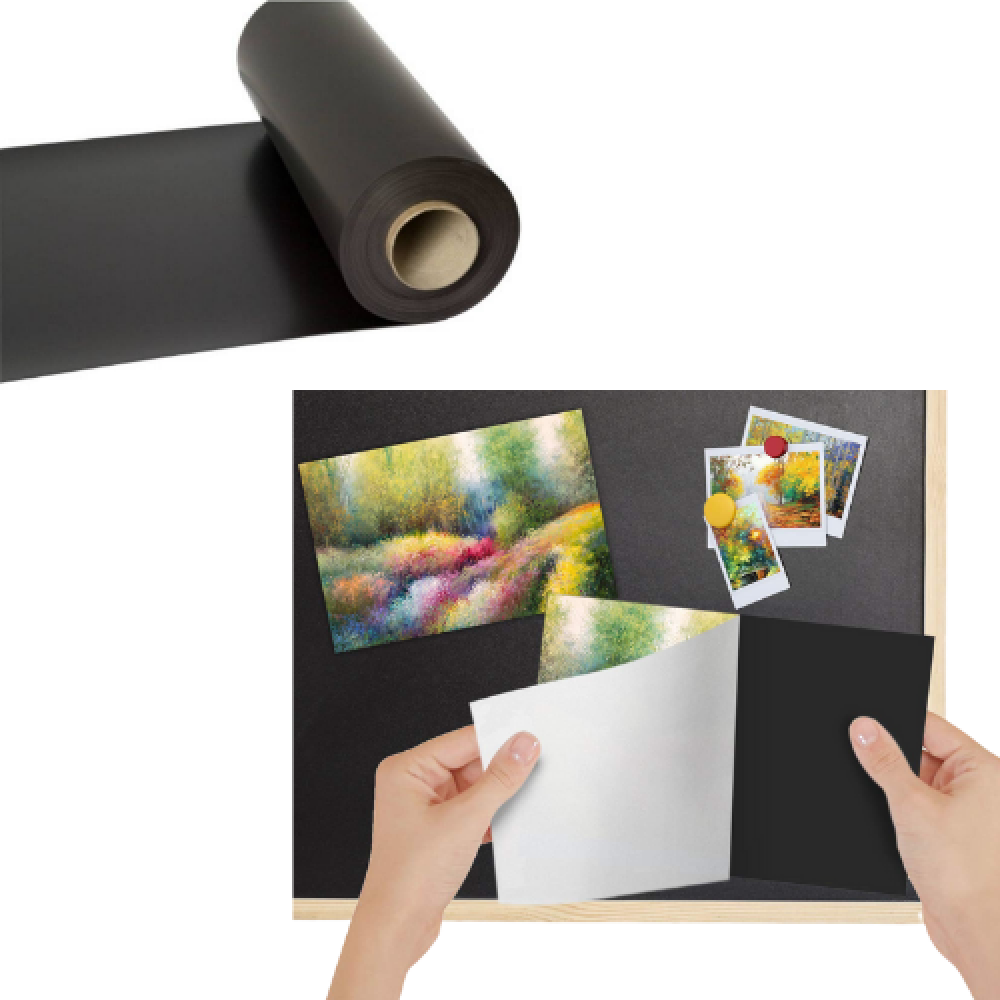
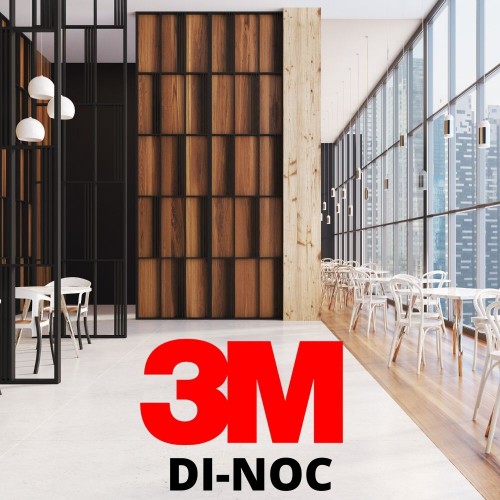
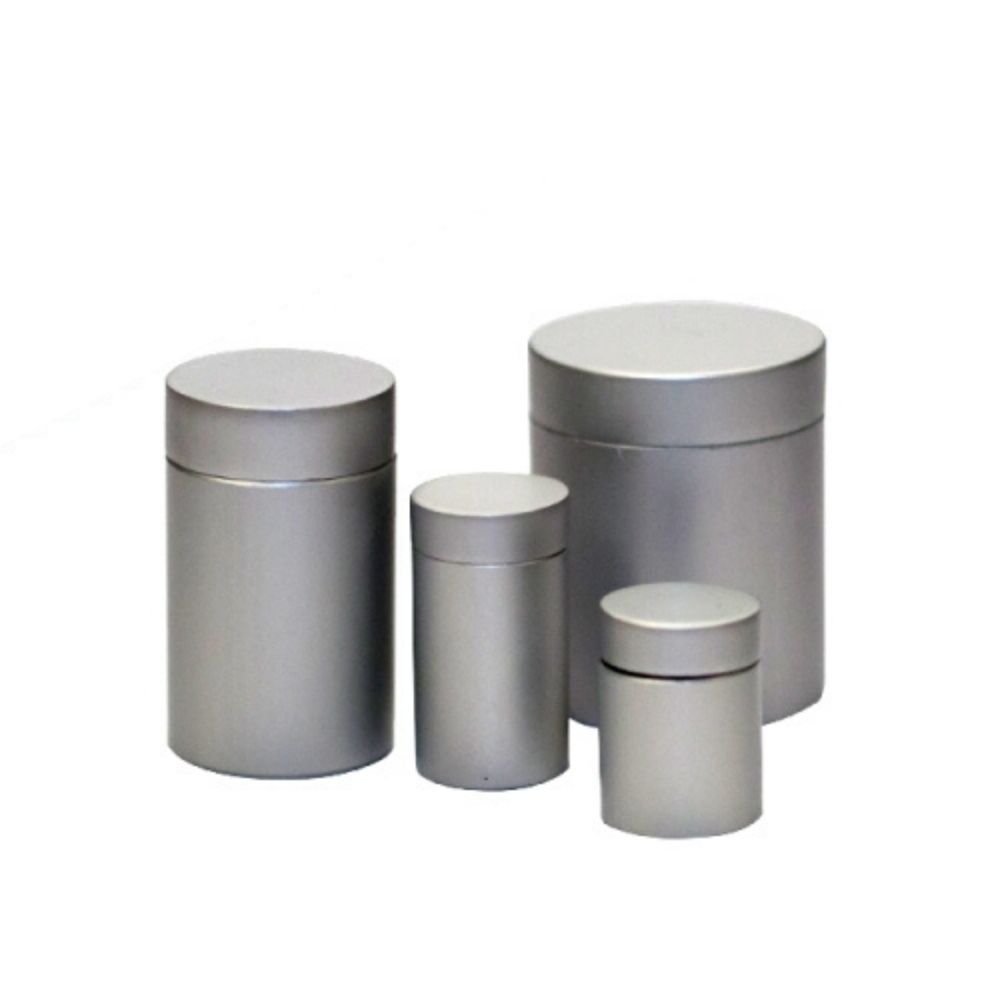
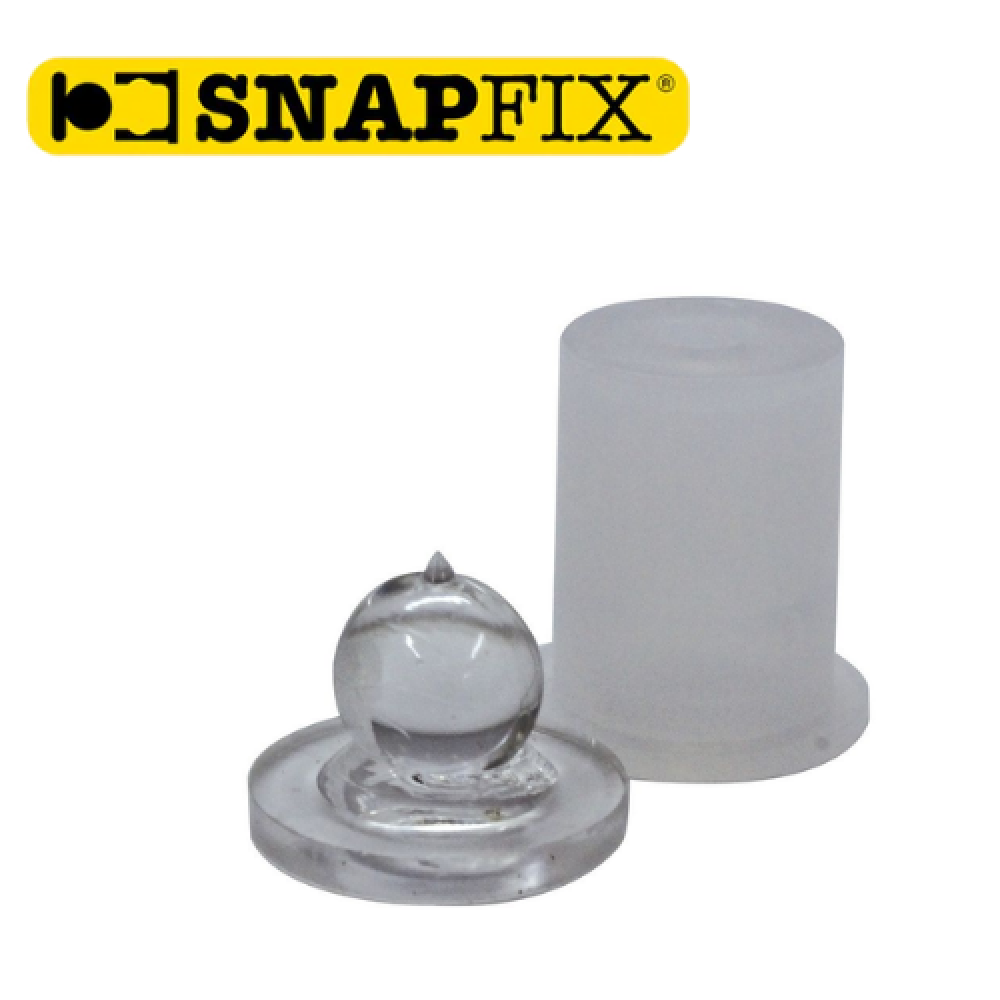




.jpg)
.jpg)
.jpg)
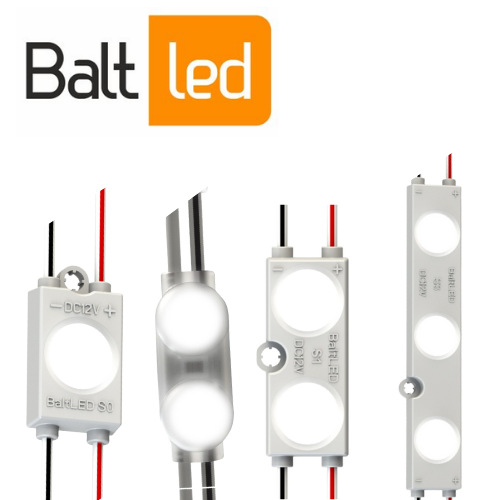
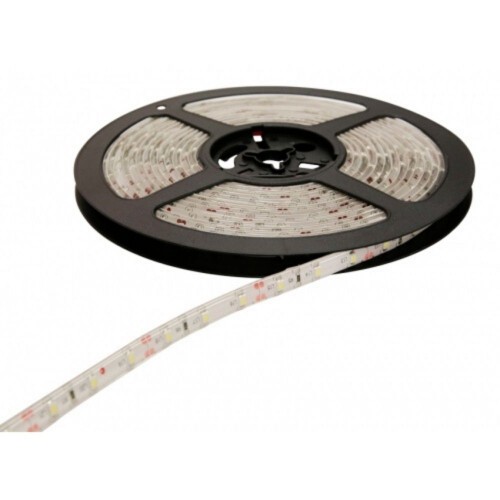
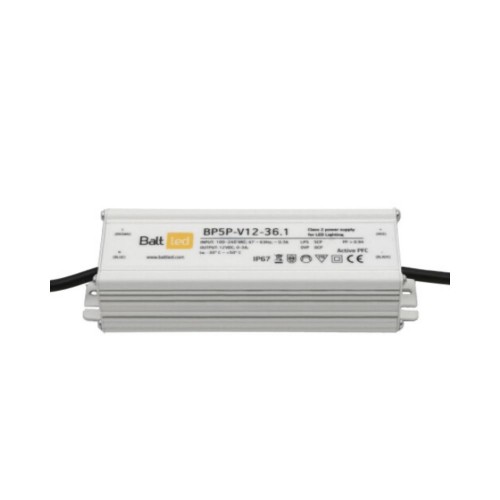



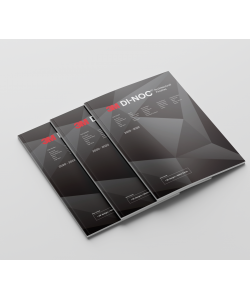
.png)
.png)
17 Comment(s)
Hello, I found what you wrote to be very informative.\r\nAs everyone knows, polycarbonate sheet is one of the most useful materials on the market and is used a lot in the plastics industry. There are solid sheets, roofing sheets, sheets that don\'t scratch, and even Perspex sheets made of acrylic. These products are used in many different fields, such as pergola roofing, carports, greenhouses, building glazing, glamping domes, and pool enclosures. Come see us if you want to learn more about polycarbonate sheets.\r\nhttps://exceliteplas.com.au/product/twin-wall-polycarbonate-sheet/
Các sự kiện trên FB88 luôn thú vị, họ luôn có những hoạt động mới để người chơi tham gia.\r\nCác kênh thanh toán của họ rất an toàn, khiến tôi không phải lo lắng gì.\r\nTôi rất thích trải nghiệm các trò chơi slot tại FB88, phần thưởng rất lớn và hấp dẫn.
FB88 cung cấp nhiều chương trình khuyến mãi cho người mới tham gia, tôi cảm thấy rất được chào đón.\r\nTôi rất thích các trò chơi live casino của FB88, họ mang lại cảm giác như đang chơi trực tiếp tại casino.\r\nTôi rất thích cách họ chăm sóc người chơi, mọi vấn đề đều được giải quyết nhanh chóng.
LiveBet là một nền tảng giải trí trực tuyến sáng tạo, cung cấp cược thể thao trực tiếp và nhiều tính năng tương tác. Dù bạn là fan của bóng đá, bóng rổ hay các giải đấu eSports, LiveBet đều mang đến cho bạn trải nghiệm cược hấp dẫn. Với hệ thống cập nhật tỷ lệ cược nhanh chóng, bạn có thể cược trong suốt trận đấu và tận dụng mọi cơ hội chiến thắng. Các phương thức thanh toán an toàn và dịch vụ khách hàng 24/7 đảm bảo bạn chơi mà không lo lắng. Tham gia LiveBet ngay hôm nay để trải nghiệm cược trực tuyến tiên tiến nhất!
LiveBet là một nền tảng giải trí trực tuyến sáng tạo, cung cấp cược thể thao trực tiếp và nhiều tính năng tương tác. Dù bạn là fan của bóng đá, bóng rổ hay các giải đấu eSports, LiveBet đều mang đến cho bạn trải nghiệm cược hấp dẫn. Với hệ thống cập nhật tỷ lệ cược nhanh chóng, bạn có thể cược trong suốt trận đấu và tận dụng mọi cơ hội chiến thắng. Các phương thức thanh toán an toàn và dịch vụ khách hàng 24/7 đảm bảo bạn chơi mà không lo lắng. Tham gia LiveBet ngay hôm nay để trải nghiệm cược trực tuyến tiên tiến nhất!
Khả năng cá cược thể thao trên FB88 rất tốt, tôi rất thích tham gia các sự kiện thể thao trực tiếp.\r\nCác game được cập nhật thường xuyên, tôi luôn có thể trải nghiệm nội dung mới nhất.\r\nFB88 có rất nhiều game slot, tôi luôn cảm thấy hào hứng khi chơi.
Tôi cảm thấy rất an toàn khi chơi tại FB88, họ có các biện pháp bảo mật rất nghiêm ngặt.\r\nMức độ bảo mật của nền tảng rất cao, khiến tôi cảm thấy an tâm hơn khi chơi.\r\nHệ thống khách hàng thân thiết của họ rất tốt, có nhiều ưu đãi và phần thưởng hấp dẫn.
LiveBet là một nền tảng giải trí trực tuyến sáng tạo, cung cấp cược thể thao trực tiếp và nhiều tính năng tương tác. Dù bạn là fan của bóng đá, bóng rổ hay các giải đấu eSports, LiveBet đều mang đến cho bạn trải nghiệm cược hấp dẫn. Với hệ thống cập nhật tỷ lệ cược nhanh chóng, bạn có thể cược trong suốt trận đấu và tận dụng mọi cơ hội chiến thắng. Các phương thức thanh toán an toàn và dịch vụ khách hàng 24/7 đảm bảo bạn chơi mà không lo lắng. Tham gia LiveBet ngay hôm nay để trải nghiệm cược trực tuyến tiên tiến nhất!
LiveBet là một nền tảng giải trí trực tuyến sáng tạo, cung cấp cược thể thao trực tiếp và nhiều tính năng tương tác. Dù bạn là fan của bóng đá, bóng rổ hay các giải đấu eSports, LiveBet đều mang đến cho bạn trải nghiệm cược hấp dẫn. Với hệ thống cập nhật tỷ lệ cược nhanh chóng, bạn có thể cược trong suốt trận đấu và tận dụng mọi cơ hội chiến thắng. Các phương thức thanh toán an toàn và dịch vụ khách hàng 24/7 đảm bảo bạn chơi mà không lo lắng. Tham gia LiveBet ngay hôm nay để trải nghiệm cược trực tuyến tiên tiến nhất!
Trường Tiểu học Nguyễn Trung Trực được thành lập năm 1985 có địa chỉ tại 9A Phạm Hồng Thái, phường Nguyễn Trung Trực, quận Ba Đình, Hà Nội (Nay thành phường Trúc Bạch). Trường hoạt động dưới sự quản lý của UBND quận Ba Đình và Phòng Giáo dục và Đào tạo Ba Đình. Trường được xây dựng khang trang trên diện tích hơn 3000 m2 với đủ các phòng học và phòng chức năng cho các hoạt động học tập, vui chơi, giải trí của học sinh.\r\nĐịa chỉ: Số 9A Phạm Hồng Thái - Ba Đình - Hà Nội\r\nEmail: s666@s666s666s.com\r\nwebsite: Https://s666s666s.com/\r\nĐiện thoại: 438261441
Trường Tiểu học Nguyễn Trung Trực được thành lập năm 1985 có địa chỉ tại 9A Phạm Hồng Thái, phường Nguyễn Trung Trực, quận Ba Đình, Hà Nội (Nay thành phường Trúc Bạch). Trường hoạt động dưới sự quản lý của UBND quận Ba Đình và Phòng Giáo dục và Đào tạo Ba Đình. Trường được xây dựng khang trang trên diện tích hơn 3000 m2 với đủ các phòng học và phòng chức năng cho các hoạt động học tập, vui chơi, giải trí của học sinh.\r\nĐịa chỉ: Số 9A Phạm Hồng Thái - Ba Đình - Hà Nội\r\nEmail: s666@s666s666s.com\r\nwebsite: Https://s666s666s.com/\r\nĐiện thoại: 438261441
Trường Tiểu học Nguyễn Trung Trực được thành lập năm 1985 có địa chỉ tại 9A Phạm Hồng Thái, phường Nguyễn Trung Trực, quận Ba Đình, Hà Nội (Nay thành phường Trúc Bạch). Trường hoạt động dưới sự quản lý của UBND quận Ba Đình và Phòng Giáo dục và Đào tạo Ba Đình. Trường được xây dựng khang trang trên diện tích hơn 3000 m2 với đủ các phòng học và phòng chức năng cho các hoạt động học tập, vui chơi, giải trí của học sinh.\r\nĐịa chỉ: Số 9A Phạm Hồng Thái - Ba Đình - Hà Nội\r\nEmail: s666@s666s666s.com\r\nwebsite: Https://s666s666s.com/\r\nĐiện thoại: 438261441
Trường Tiểu học Nguyễn Trung Trực được thành lập năm 1985 có địa chỉ tại 9A Phạm Hồng Thái, phường Nguyễn Trung Trực, quận Ba Đình, Hà Nội (Nay thành phường Trúc Bạch). Trường hoạt động dưới sự quản lý của UBND quận Ba Đình và Phòng Giáo dục và Đào tạo Ba Đình. Trường được xây dựng khang trang trên diện tích hơn 3000 m2 với đủ các phòng học và phòng chức năng cho các hoạt động học tập, vui chơi, giải trí của học sinh.\r\nĐịa chỉ: Số 9A Phạm Hồng Thái - Ba Đình - Hà Nội\r\nEmail: s666@s666s666s.com\r\nwebsite: Https://s666s666s.com/\r\nĐiện thoại: 438261441
Trường Tiểu học Nguyễn Trung Trực được thành lập năm 1985 có địa chỉ tại 9A Phạm Hồng Thái, phường Nguyễn Trung Trực, quận Ba Đình, Hà Nội (Nay thành phường Trúc Bạch). Trường hoạt động dưới sự quản lý của UBND quận Ba Đình và Phòng Giáo dục và Đào tạo Ba Đình. Trường được xây dựng khang trang trên diện tích hơn 3000 m2 với đủ các phòng học và phòng chức năng cho các hoạt động học tập, vui chơi, giải trí của học sinh.\r\nĐịa chỉ: Số 9A Phạm Hồng Thái - Ba Đình - Hà Nội\r\nEmail: s666@s666s666s.com\r\nwebsite: Https://s666s666s.com/\r\nĐiện thoại: 438261441
Trường Tiểu học Nguyễn Trung Trực được thành lập năm 1985 có địa chỉ tại 9A Phạm Hồng Thái, phường Nguyễn Trung Trực, quận Ba Đình, Hà Nội (Nay thành phường Trúc Bạch). Trường hoạt động dưới sự quản lý của UBND quận Ba Đình và Phòng Giáo dục và Đào tạo Ba Đình. Trường được xây dựng khang trang trên diện tích hơn 3000 m2 với đủ các phòng học và phòng chức năng cho các hoạt động học tập, vui chơi, giải trí của học sinh.\r\nĐịa chỉ: Số 9A Phạm Hồng Thái - Ba Đình - Hà Nội\r\nEmail: s666@s666s666s.com\r\nwebsite: Https://s666s666s.com/\r\nĐiện thoại: 438261441
Trường Tiểu học Nguyễn Trung Trực được thành lập năm 1985 có địa chỉ tại 9A Phạm Hồng Thái, phường Nguyễn Trung Trực, quận Ba Đình, Hà Nội (Nay thành phường Trúc Bạch). Trường hoạt động dưới sự quản lý của UBND quận Ba Đình và Phòng Giáo dục và Đào tạo Ba Đình. Trường được xây dựng khang trang trên diện tích hơn 3000 m2 với đủ các phòng học và phòng chức năng cho các hoạt động học tập, vui chơi, giải trí của học sinh.\r\nĐịa chỉ: Số 9A Phạm Hồng Thái - Ba Đình - Hà Nội\r\nEmail: s666@s666s666s.com\r\nwebsite: Https://s666s666s.com/\r\nĐiện thoại: 438261441
Trường Tiểu học Nguyễn Trung Trực được thành lập năm 1985 có địa chỉ tại 9A Phạm Hồng Thái, phường Nguyễn Trung Trực, quận Ba Đình, Hà Nội (Nay thành phường Trúc Bạch). Trường hoạt động dưới sự quản lý của UBND quận Ba Đình và Phòng Giáo dục và Đào tạo Ba Đình. Trường được xây dựng khang trang trên diện tích hơn 3000 m2 với đủ các phòng học và phòng chức năng cho các hoạt động học tập, vui chơi, giải trí của học sinh.\r\nĐịa chỉ: Số 9A Phạm Hồng Thái - Ba Đình - Hà Nội\r\nEmail: s666@s666s666s.com\r\nwebsite: Https://s666s666s.com/\r\nĐiện thoại: 438261441
Leave a Comment